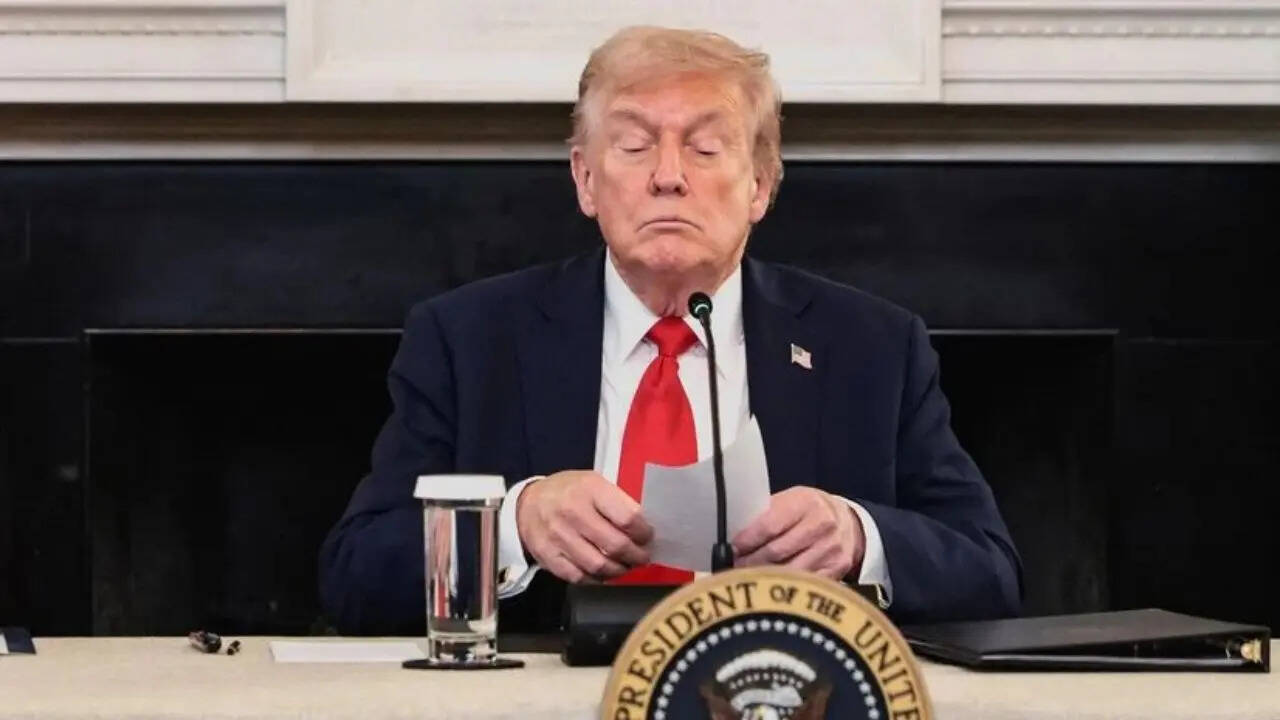Is Donald Trump Showing Early Phonemic Paraphasia? Here’s Why Health Experts Think So

SummaryDonald Trump recently underwent his second health checkup of the year, receiving routine screenings and vaccinations. While the White House describes it as a standard follow-up, and have deemed him as healthy, many psychologists have noted health concerns over the years, with some suggesting he shows signs of phonemic paraphasia.
End of Article
